Romania Rejects Georgescu’s Candidacy for Presidential Elections, Following Annulment of November Victory
by admin on | 2025-03-09 19:00:43
Share: Facebook | Twitter | Whatsapp | Visits: 90
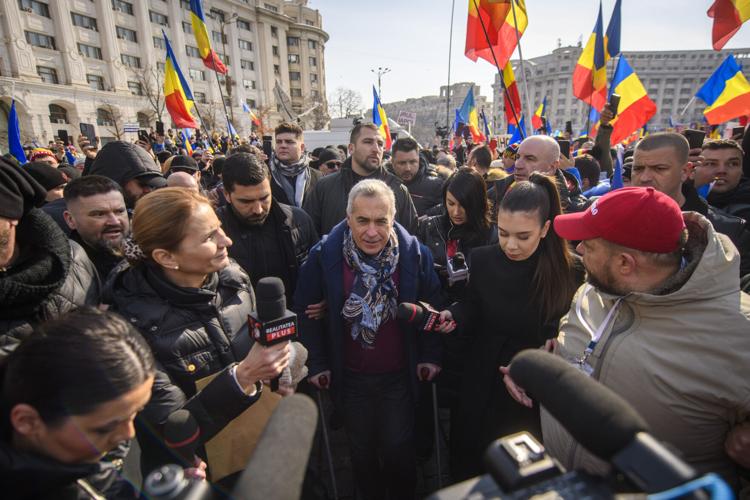
On March 9, 2025, Romania’s Central Electoral Bureau (BEC) rejected the presidential candidacy of ultranationalist Călin Georgescu for the upcoming elections scheduled for May 4 and May 18, marking another significant twist in the country’s tumultuous political saga. Georgescu, who had previously secured a surprising victory in the first round of the presidential elections on November 24, 2024, with 22.9% of the vote, saw that result annulled by the Constitutional Court in December due to evidence of Russian interference. The decision to bar him from running again has reignited tensions in Romania, a NATO and EU member state already strained by political instability and allegations of foreign meddling.
The BEC’s ruling stems from ongoing investigations into Georgescu’s campaign, which authorities claim was bolstered by illegal financing and a coordinated disinformation effort on platforms like TikTok, allegedly orchestrated by Russia. Following his November win, intelligence reports revealed a network of 25,000 accounts amplifying his ultranationalist, anti-Western rhetoric, prompting the court to invalidate the election and order a redo. Georgescu’s detention in February 2025 on charges including unconstitutional acts, false financial declarations, and ties to fascist ideologies further complicated his political standing. Despite his release, the BEC determined that these legal entanglements disqualified him, a decision the Constitutional Court must now review by March 12, with Georgescu’s team vowing to appeal.
The rejection has sparked outrage among his supporters and far-right allies, such as the Alliance for the Unity of Romanians (AUR), who see it as a suppression of democratic will. Protests are anticipated as Georgescu, a polarizing figure known for praising Vladimir Putin and opposing aid to Ukraine, retains significant backing—polls earlier this year suggested he could still lead with 37-48% support. Meanwhile, Romania’s pro-European coalition prepares to face a fragmented electoral field, with candidates like Elena Lasconi and Crin Antonescu stepping up. As the May elections approach, the nation remains on edge, caught between defending democratic integrity and navigating the fallout of a deeply divisive political crisis.
Leave a Comment
Search
Recent News
-
 NASA’s SpaceX Crew-10 Successfully Launches to the International Space Station
NASA’s SpaceX Crew-10 Successfully Launches to the International Space Station
-
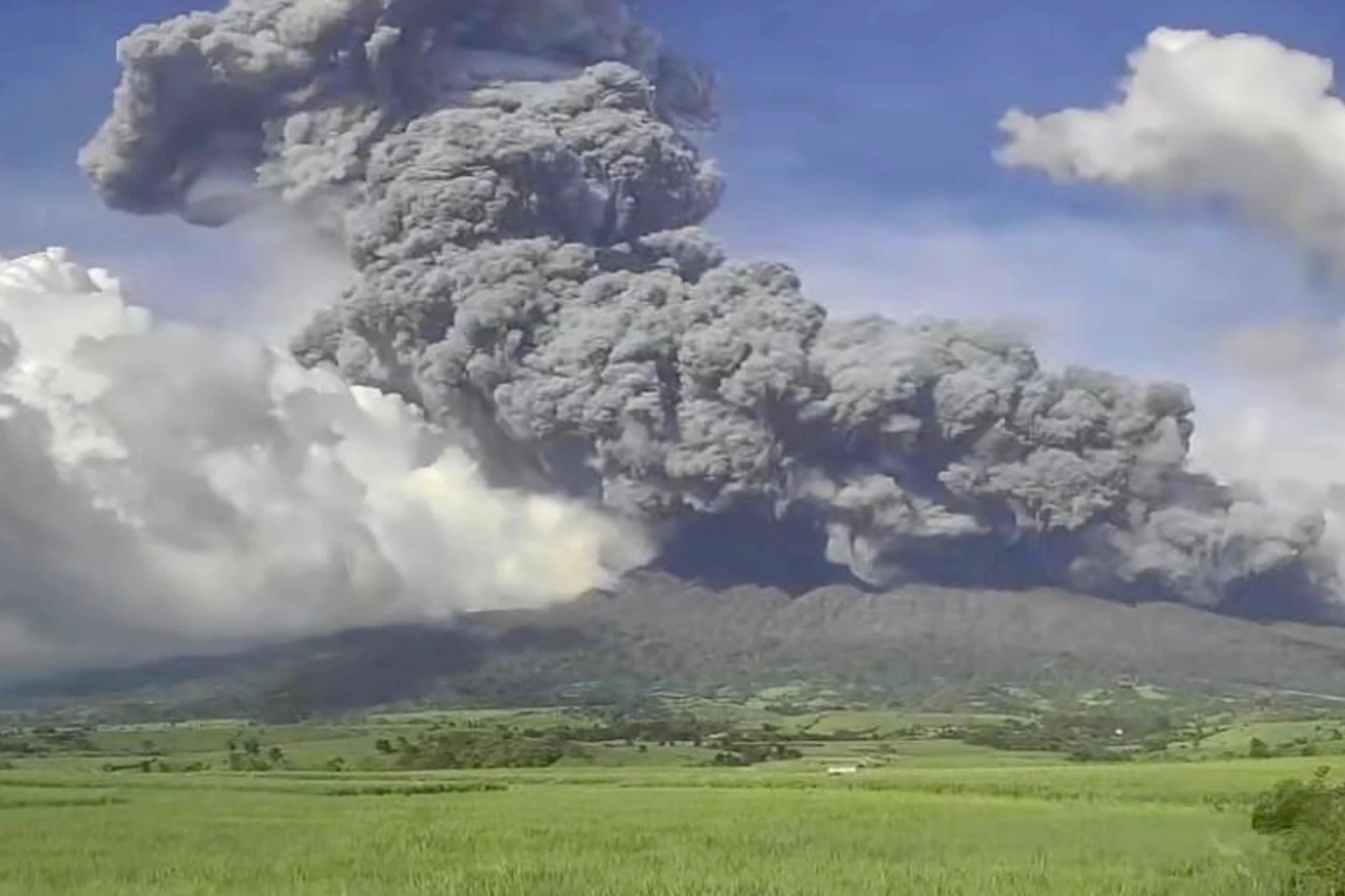 Volcanic Eruption in the Philippines Triggers Mass Evacuations
Volcanic Eruption in the Philippines Triggers Mass Evacuations
-
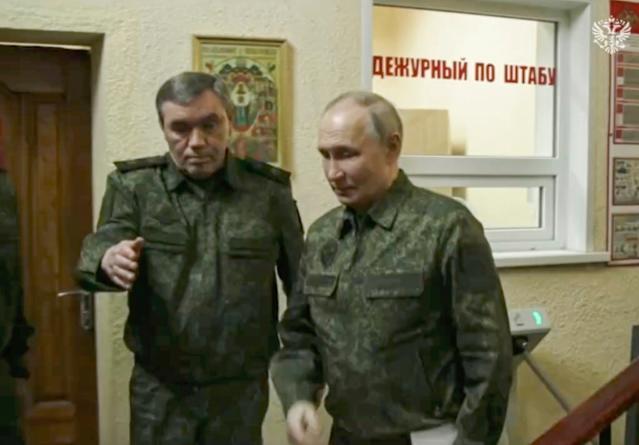 US Envoy in Moscow as Ukraine Ceasefire Talks Gain Momentum
US Envoy in Moscow as Ukraine Ceasefire Talks Gain Momentum
-
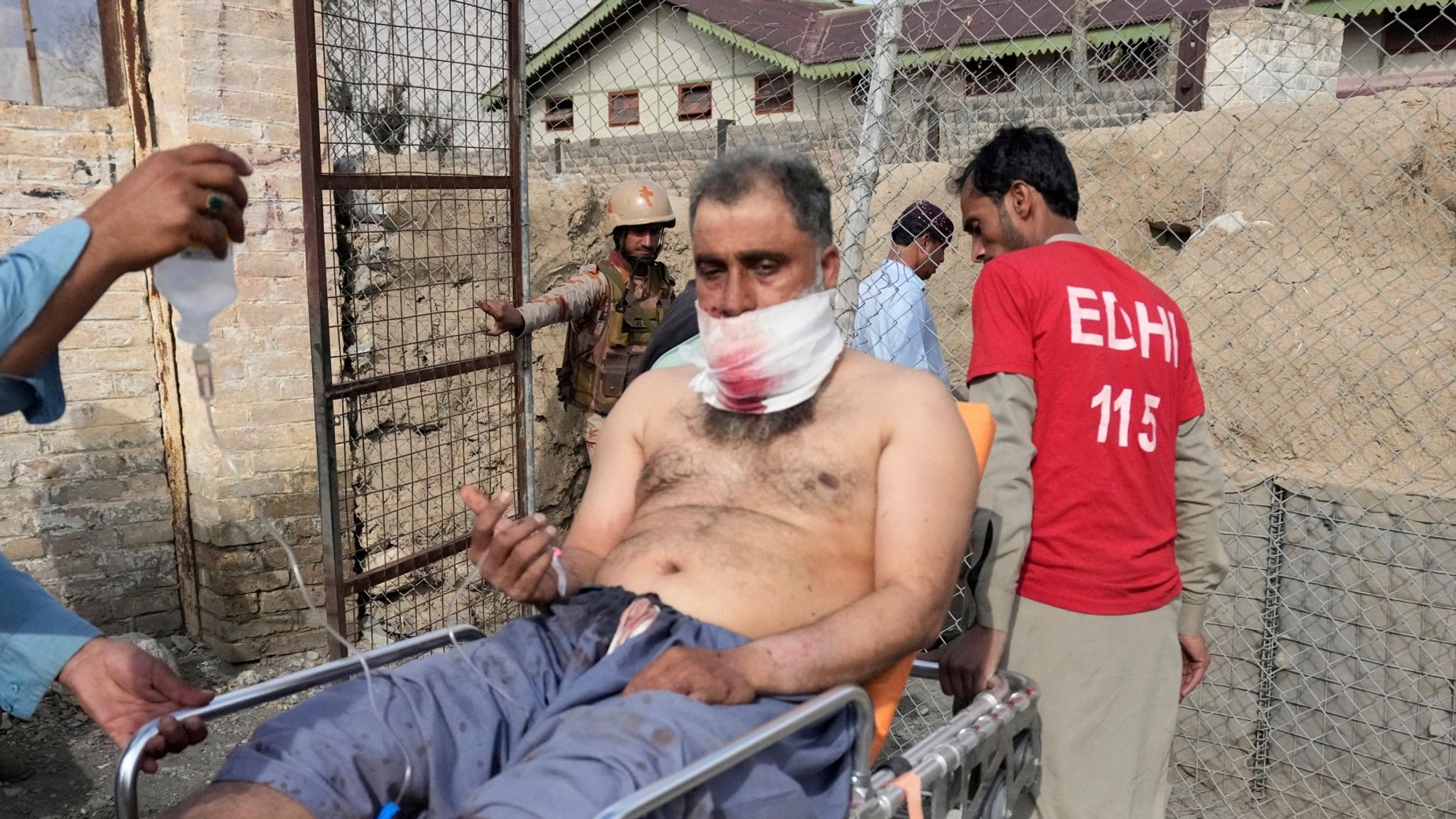 Pakistani Forces End Train Hijacking by Separatist Militants, 33 Attackers Killed
Pakistani Forces End Train Hijacking by Separatist Militants, 33 Attackers Killed
-
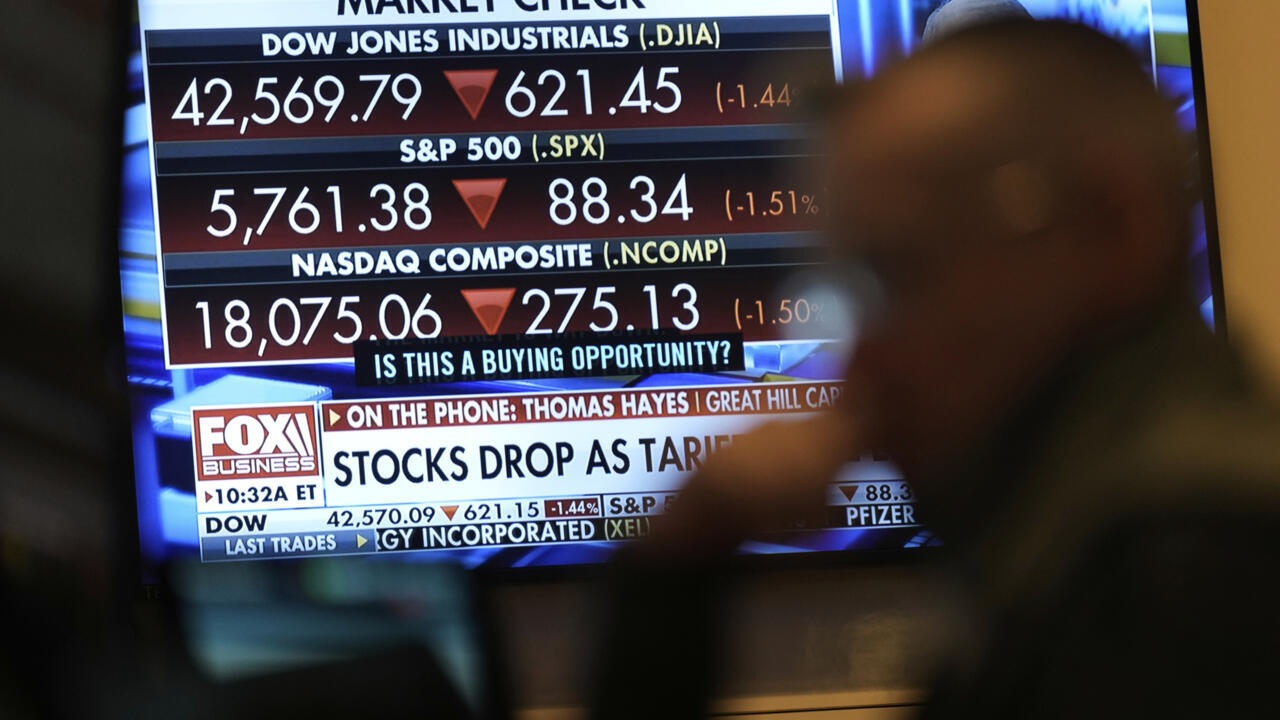 Escalating Global Trade War Impacts Markets
Escalating Global Trade War Impacts Markets
-
 Romania Rejects Georgescu’s Candidacy for Presidential Elections, Following Annulment of November Victory
Romania Rejects Georgescu’s Candidacy for Presidential Elections, Following Annulment of November Victory
-
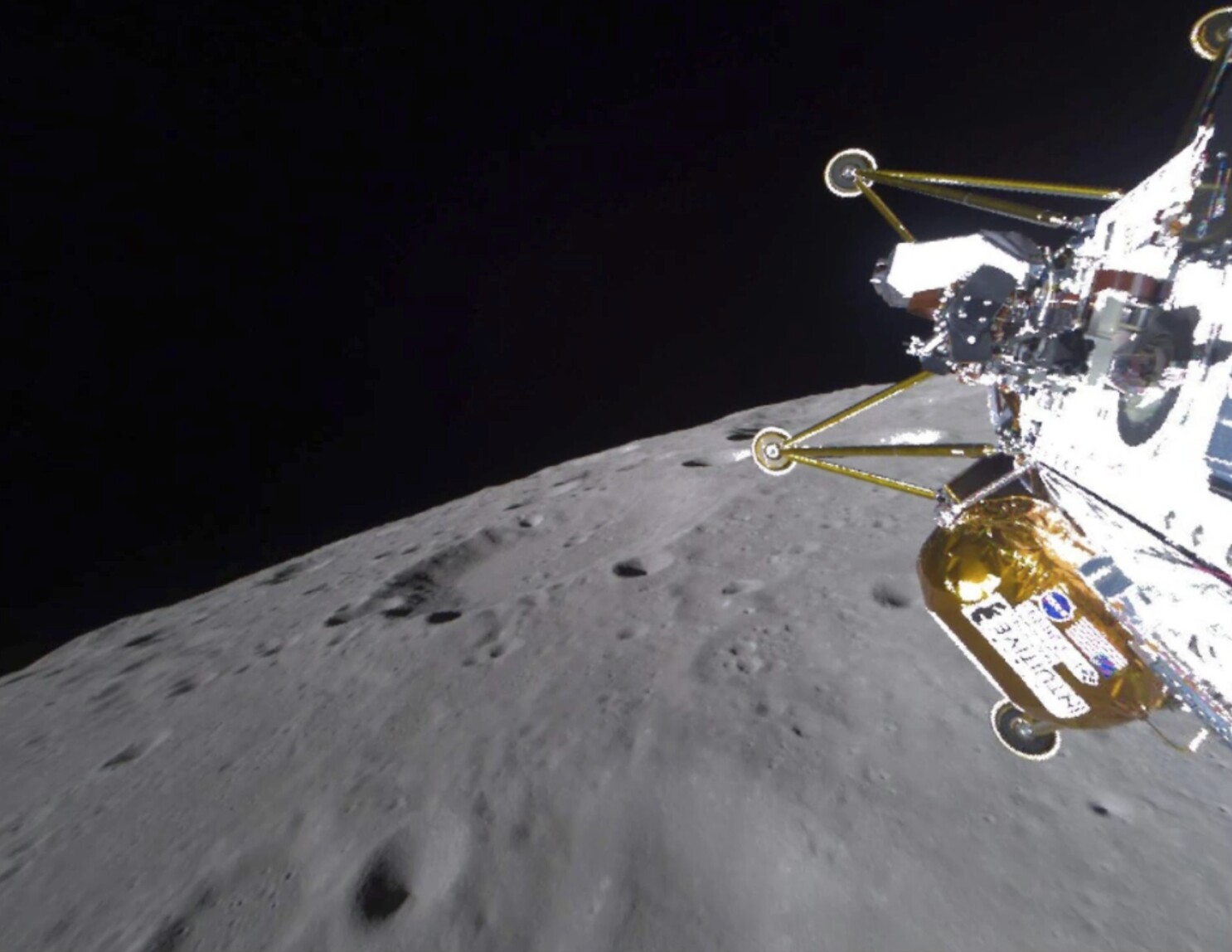 Private U.S. Lunar Lander Makes History Despite Tipping Over
Private U.S. Lunar Lander Makes History Despite Tipping Over
-
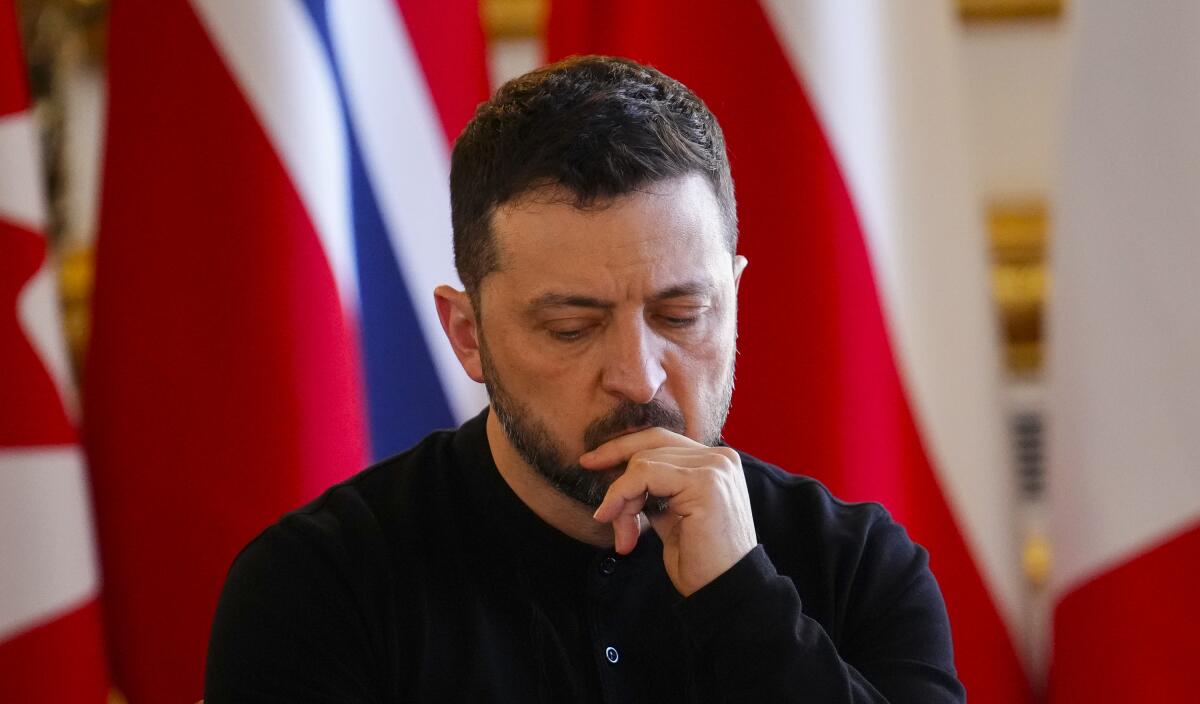 U.S. Pauses Military Aid to Ukraine as Zelensky Signals Prolonged War
U.S. Pauses Military Aid to Ukraine as Zelensky Signals Prolonged War
Visit our Youtube Videos
